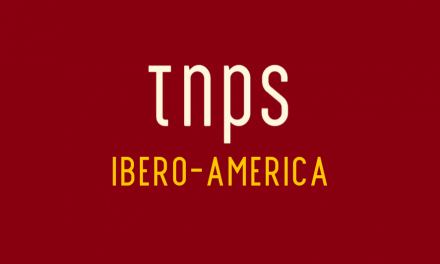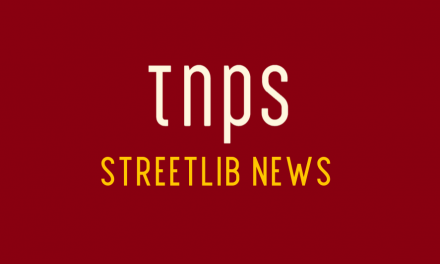Ever since the first hints were dropped that CreateSpace was not long for this world and indie authors would be shunted into KDP Print there has been a question mark over publishing books in foreign languages.
While Amazon may seem to be a global player, actually it is no such thing, and much of its global publishing credentials had little to do with Amazon, which in fact has a very narrow global focus.
Amazon’s Audible and CreateSpace are cases in point.
Amazon acquired Audible in 2008 with an international base built in (Germany 2004, for example, and France 2005), but since then Audible’s global expansion has been at a standstill until 2018 when Audible India launched. Audible today has operations in US, Canada, Australia, UK, Germany, Italy, France, Spain, Japan and now India.
Compare Storytel, launched in 2005 and now in Sweden, Norway, Denmark, Finland, Iceland, Netherlands, Poland, Russia, Spain, India, United Arab Emirates, Turkey, Italy and Mexico with imminent launches in Bulgaria, Brazil and Singapore.
Originally CreateSpace started life in 2000 as BookSurge. BookSurge was acquired by Amazon in 2005 and became CreateSpace in 2009.
The beauty of BookSurge/CreateSpace was that by uploading PDFs with embedded fonts the operation was, in essence, printing an image of the page, which meant that despite being a US-based operation there were pretty much no restrictions on what languages could be uploaded.
It helped give Amazon that veneer of internationalism, because any author or press who could meet the other sign-up requirements could publish print books in anything from Aramaic or Bulgarian to Greek or Hebrew to Vietnamese or Zulu.
Not any more. With the merger of CreateSpace into KDP print came a new broom that swept away the possibility to publish POD books in any languages except those supported by KDP itself.
Traduzione Libri is a translating aggregator for self-publishers that brings together authors and translators and lets them publish and sell the translated works as ebooks and print.
But the CreateSpace merger with KDP Print has put a serious dent in Traduzione Libri’s global POD plans.
Here’s the email Traduzione Libro (aka Tek-Time) has been forced to send out today as the reality of the merger hits home.
Dear author,
this is to inform you that, due to the new rules of KDP Amazon (formerly Createspace), it will be possible to create and publish PAPERBACK VERSIONS of your books only in the following languages:
English, German, French, Spanish, Italian, Portuguese, Dutch, Afrikaans, Alsatian, Basque, Bokmål Norwegian, Breton, Catalan, Cornish, Corsican, Danish, Eastern Frisian, Finnish, Frisian, Galician, Icelandic, Irish, Luxembourgish, Manx, Northern Frisian, Norwegian, Nynorsk Norwegian, Provençal, Romansh, Scots, Scottish Gaelic, Swedish and Welsh.
However, we are working to get Amazon back to accept and publish paperback versions of all other languages as well.
We are sorry for this inconvenience but it does not depend on us.
We remain available for any further clarification.
Regards,
The Traduzionelibri.it Team
Well good luck with working with Amazon to get that decision reversed, Traduzione Libri.
In the light of recent Amazon reversals –
Amazon’s second u-turn of the month – unblocks Australian buyers from US store
there is room for hope,
But I fear Traduzione Libri best not hold its breath waiting.
Here’s the problem.
Amazon set up KDP for ebooks, not print.
The Kindle character set is the basic Latin alphabet, which is why for most of its existence KDP has only supported a handful of western languages.
There have been exceptions. The Japanese and Chinese markets were deemed important enough to be Kindle enabled, although KDP does not let indie authors load titles in Chinese. And most recently Amazon enabled Arabic, following its acquisition of Souq, and last month some Indian languages were enabled for KDP.
But it’s noteworthy that none of these languages are enabled for KDP Print.
In fact as things stand CreateSpace, once the leader in global POD publishing, now rebranded as KDP Print, has less reach than KDP itself.
The only non-European language available to KDP Print authors is now Afrikaans. The European languages are essentially western Europe, and if we look closely many are just there to make it look, at first glance, like the selection is meaningful.
For example many of the KDP languages have speaker numbers in the low thousands (Northern Frisian 10,000 speakers, for example, or Manx which Wikipedia says has just 1,200 speakers).
The CreateSpace-KDP Print merger makes a mockery of Amazon’s stated ambition, still on the website gathering cyber-dust, that,
Our goal is to have every book, ever published, in any language available for Kindle customers to purchase and begin reading in less than 60 seconds.





